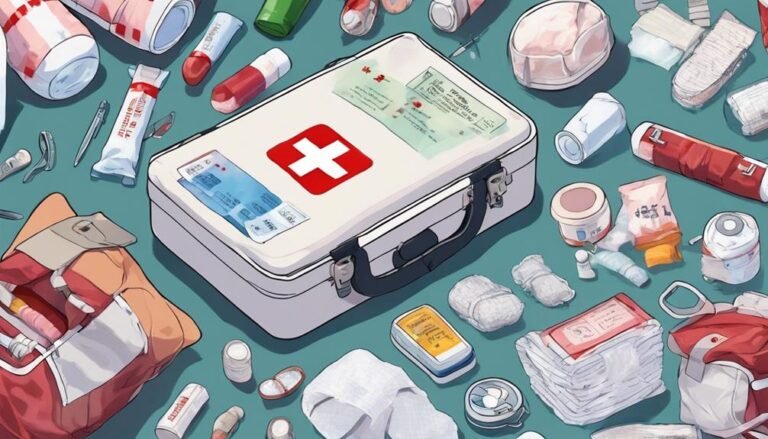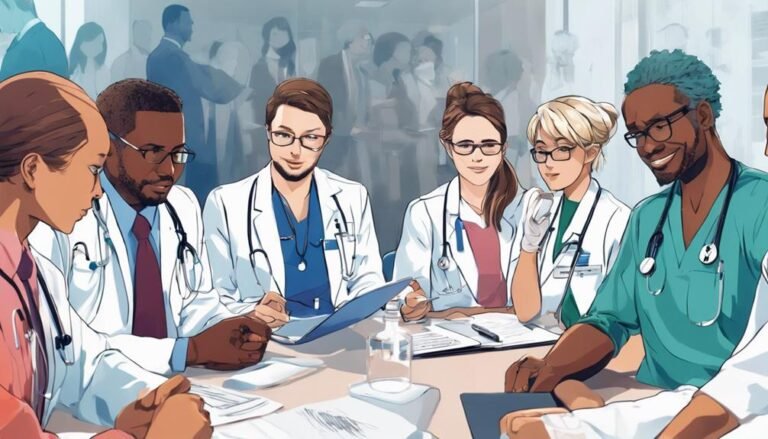Why Non-Clinical Skills Are Essential for Modern Health Workers
Clinical skills directly affect patient care. However, nonclinical skills are also crucial to job performance. They can help in areas such as finance, resource management, and operation management. These non-technical skills help support operational excellence, quality improvement, and safety.
The combination of these skills ensures patients get the right care and clinicians can get access to the resources required to provide care. Knowing the difference between clinical nursing vs non-clinical nursing is crucial to understanding a nurse’s role. Let’s find out why non-clinical Skills are crucial for modern nurses and health workers.
Ensures patient’s safety and satisfaction
Communication is an important non clinical skill that can guarantee patients safety during discharge, treatments or intake. Effective communication is crucial at all levels of organizational structure. A study showed that communication error is a major factor in many negative effects in the healthcare sector.
Enhances patient satisfaction
When a patient is satisfied, it can help in their long-term health. Patients who are confident about their discharge and are part of the decision-making process have a higher chance for a better outcome. Patients will also report their satisfaction if providers listen to them.
This means that they will show more satisfaction in a healthcare facility where their voice is heard. Healthcare leaders can ensure that non-clinical skills are made a part of their facility operations. Consider implementing policies that incorporate effective time management, flexibility, emotional intelligence, and empathy.
Enhances employee engagement
Employee engagements are important in the clinical industry since it can impact providers and facility performance. High engagement translates to employees experiencing lesser burnouts. In this report, it is shown that workers’ engagement increases when their responsibilities are made clear, have the right resources, and also share common missions.
Help promote empathy
For many individuals, a clinical setting like a hospital can be a frightening experience. Nurses, doctors, and other specialists must ensure they manage their emotions. While providers must show empathy to their patients, clinical managers should also show empathy to providers.
To do this, both groups must actively listen, be open to concerns, and search for data-driven, thoughtful solutions. Empathy promotion isn’t just about making sure your patient isn’t anxious or ensuring provider satisfaction. It can help increase patient satisfaction and overall health outcomes and reduce malpractice complaints.
Streamline change
As the healthcare sector progresses, clinicians must also adapt to this change. Non clinical skills such as leadership, decision making, and adaptability will be crucial in ensuring process implementation during an organizational change. During such times of relative uncertainty, clinicians, leaders, and administrators must make evidence based, strategic, and smart decisions.
Add to inclusion
Nonclinical skills can help professionals be more inclusive to patients of different backgrounds. Diversity can include race, ethnicity, sexual orientation, gender identity, religion, and socioeconomic status. An inclusive healthcare provider is sensitive to these details and ensures effective treatment for all, irrespective of their diversity. Leaders can help by ensuring cultural diversity in their healthcare settings.
Endnote
Nurses have many responsibilities, from caring for partners to administering medications. Their skills are crucial for a successful career in the advancing world of healthcare.







